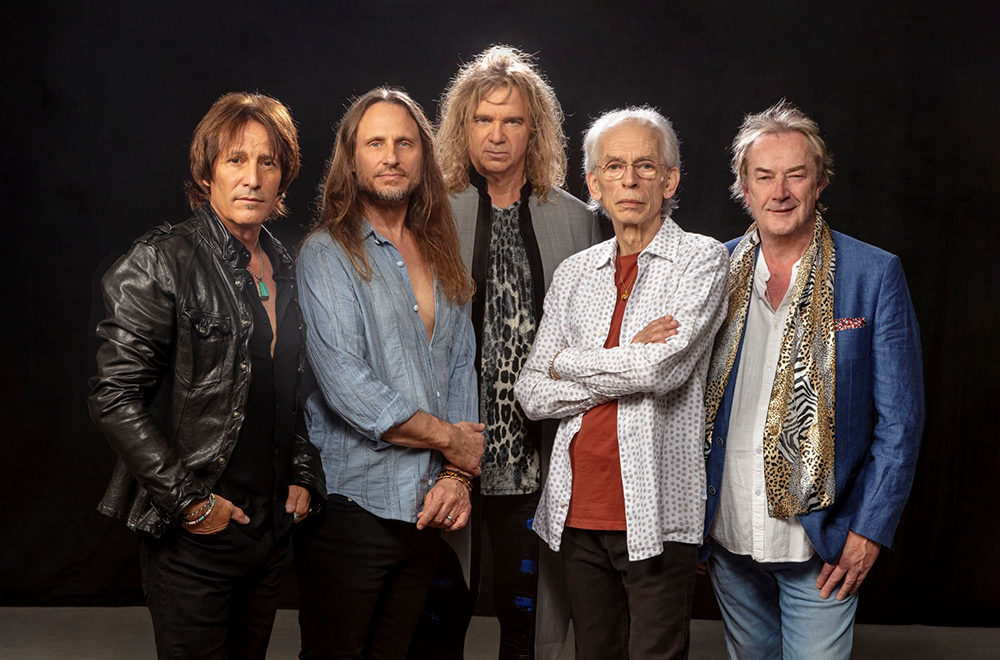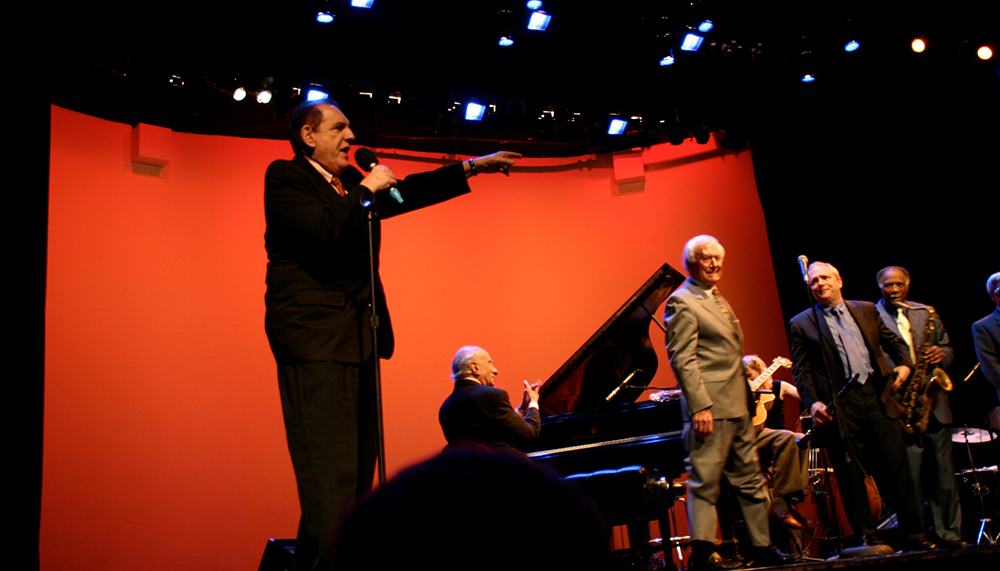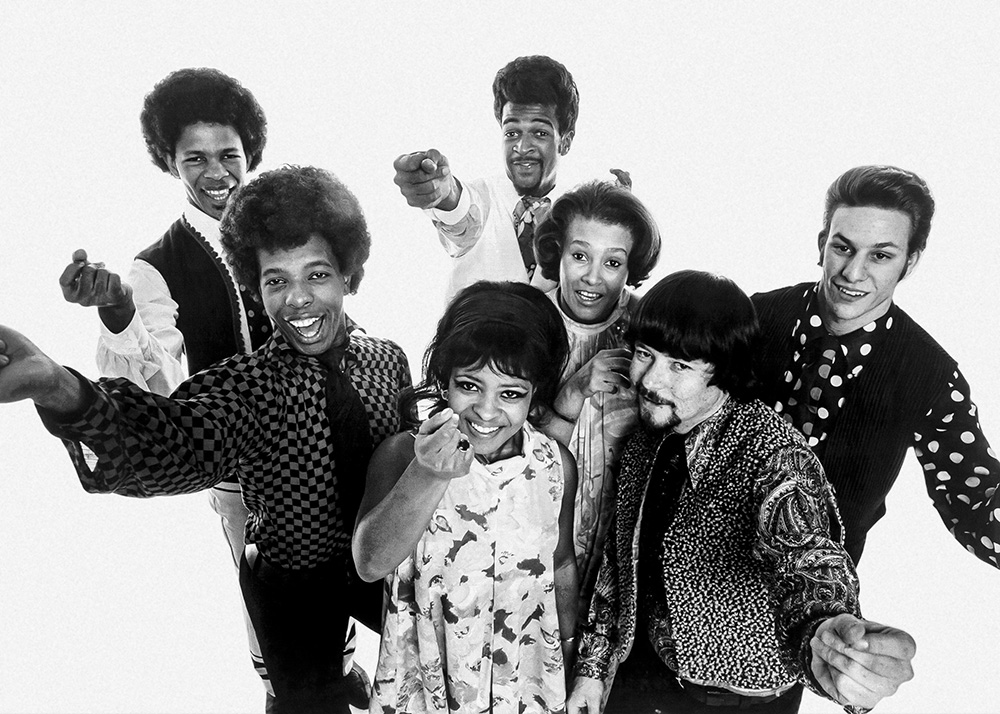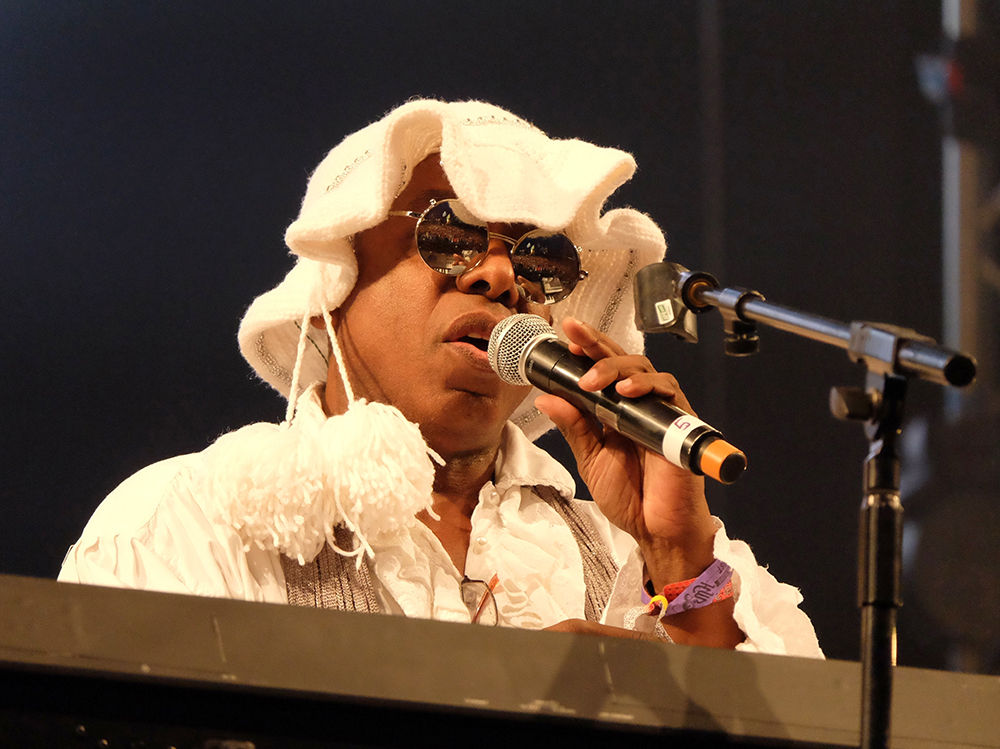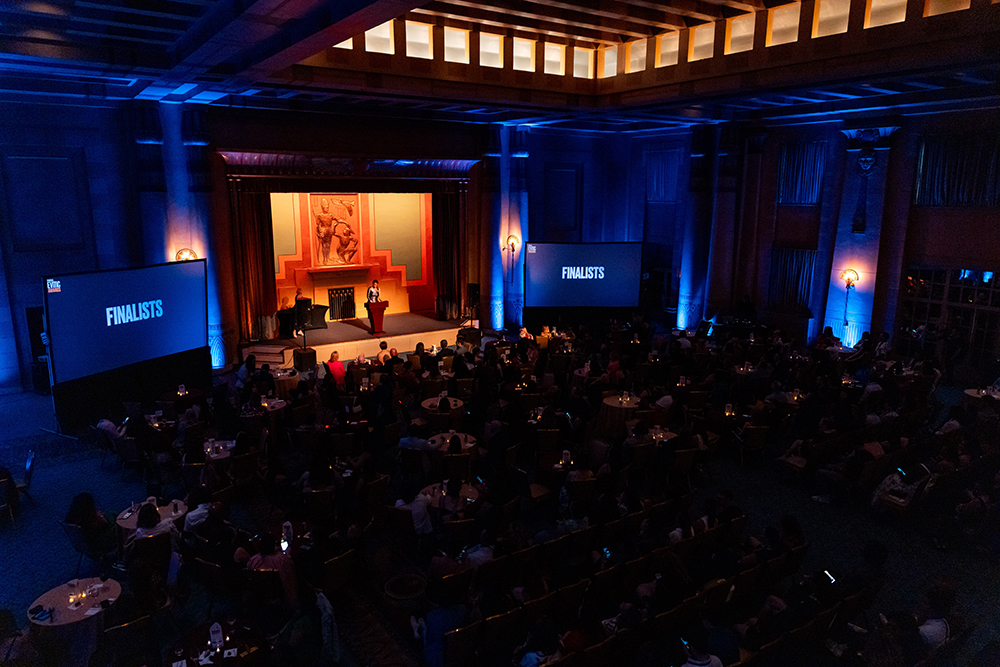
Ford's Theatre's founder and producing artistic director Frankie Hewitt died February 27 at her home in Kensington, MD of cancer at age 71. For more than three decades, Hewitt had been the driving force behind Ford's Theatre, first lobbying single-handedly to restore the structure as a working theatre and museum, then shaping the theatre's future by raising production funds, building new audiences, enriching the fabric of Washington's downtown theatre scene and developing new American theatre works.
In recognition of Hewitt's contributions to the arts, President George W. Bush recently presented her with one of the nation's highest honors, the 2002 National Humanities Medal, which is awarded to those whose work illustrates the importance of the humanities in American life and leads to a greater understanding of who we are as a nation.
The revitalization of Ford's Theatre began in New York in 1965, when an old friend, then Secretary of the Interior Stewart L. Udall, told Hewitt of plans to restore the building to its original 1860s grandeur, but as a museum rather than as a theatre. Horrified that the warm, elegant building might remain a grim reminder of one of the nation's worst hours, the assassination of President Abraham Lincoln, she suggested that live productions be included in the renovation concept.
During the next two years, Hewitt worked out an agreement that allows the National Park Service to operate Ford's Theatre as a national historic site and museum and the not-for-profit Ford's Theatre Society, established by Hewitt in June 1967, to produce live theatre programs. The restored theatre's first production, John Brown's Body, opened on February 12, 1968, the 158th anniversary of Abraham Lincoln's birthday.
In tribute to Lincoln's love of the performing arts, the mission of the Ford's Theatre Society is to produce musicals and plays that underscore our country's multiculturalism and illuminate the eclectic character of American life. During the last thirty-four seasons, Ford's Theatre has presented nearly seventy musicals and more than two dozen world premieres. Its community outreach programs have allowed thousands of disadvantaged students, adults and senior citizens to purchase reduced-price tickets and experience the joy of live theatre.
During Ford's initial revitalization process, Hewitt concentrated on fundraising and left programming to the National Repertory Theatre and then to New York's Circle in the Square. In 1971, she resigned as president of the Society and assumed the role of executive producer. Under her leadership Ford's Theatre went on to schedule numerous successful productions, such as Godspell (an 18-month run in 1972-73); Don't Bother Me, I Can't Cope (which went on to a national tour, three years on Broadway and numerous awards after its 1971 world premiere at Ford's); the immortal Give 'Em Hell, Harry and Will Rogers' U.S.A., both starring James Whitmore; the Washington holiday production of A Christmas Carol; the smash hits Elmer Gantry, Don't Let This Dream Go (re-titled Truly Blessed for its 1990 Broadway premiere) and Hot Mikado. Other productions include Your Arms too Short to Box with God, On Shiloh Hill, I Have a Dream, Kudzu and Eleanor: An American Love Story.
In addition to producing more than 150 stage shows, Hewitt also served as executive producer of more than 15 network television specials broadcast from Ford's Theatre beginning with An Inaugural Gala at Ford's, a CBS-TV national broadcast that aired on January 30, 1968, prior to the public unveiling of the theatre. Through a series of televised galas, Hewitt ensured that Ford's Theatre would become a familiar performance space beyond the Washington area. The event has since treated national audiences to such diverse talents as Kelsey Grammer, Bob Hope, Tony Bennett, Stevie Wonder, David Copperfield, Johnny Cash, Dolly Parton, Luciano Pavarotti, Lena Horne, Jimmy Stewart, Liza Minelli, Boyz II Men, Mikhail Baryshnikov, Jay Leno, Whoopi Goldberg, Natalie Cole, Paul Reiser and a host of other great American superstars.
Throughout her career Hewitt received numerous awards and accolades for her work on behalf of Ford's Theatre. In addition to the National Humanities Medal recently presented to her by President Bush, she received the First Ladies Salute First Women Award, 2000; Woman of the Year, Washingtonian Magazine; Woman of Achievement Award, WETA; Connie Award, Society of American Travel Writers; Benjamin Barondess Award, Civil War Round Table of New York; Woman of Achievement, American Women in Radio and Television, Inc.; Woman of Achievement, Women's Equity Action League; Woman of the Year, YWCA; (one of the) Distinguished Women of Washington, Courier Diplomatique; Congressional Arts Award; and the Conservation Award, the highest civilian award presented by the U.S. National Park Service.
Although Frankie Hewitt's name was synonymous with Ford's Theatre, she began her career on Capitol Hill in 1958 when she left California, moved to Washington and took positions as a speechwriter and legislative liaison specialist. She went on to become a Senate subcommittee staff director, the first woman to run an investigating committee and the first non-lawyer to lead a judiciary committee. Hewitt later moved to New York City, when the newly elected President John F. Kennedy appointed her public affairs advisor under Ambassador Adlai Stevenson at the United States Mission to the United Nations.




















